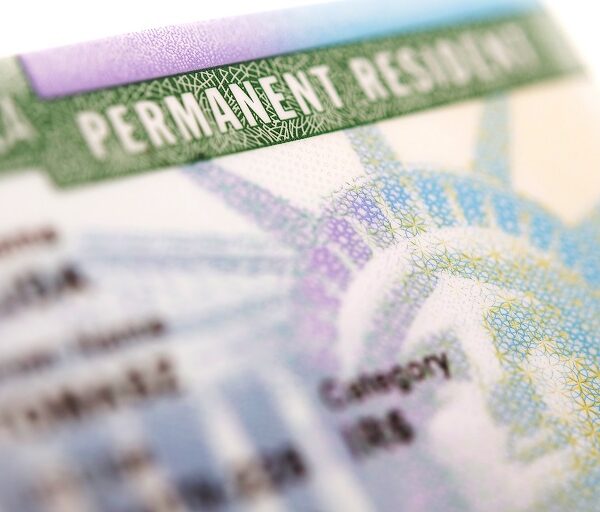Understanding the German Court’s Ruling on Afghan Extradition to Greece
In a significant legal development, a German court has made a ruling regarding the extradition of an Afghan national to Greece, where he is expected to serve a prison sentence. This decision has sparked discussions about international law, human rights, and the complexities involved in extradition procedures, especially concerning individuals who may have fled their home countries seeking safety.
The Case Overview
The Afghan individual in question had been living in Germany, having previously sought asylum. However, his past was marred by a conviction in Greece for a crime that led to a prison sentence. The Greek authorities requested his extradition to serve this sentence, and the German court was tasked with determining whether such an extradition would proceed.
Legal Grounds for Extradition
Extradition is a legal process where one jurisdiction surrenders a suspected or convicted criminal to another jurisdiction. In this case, the German court examined several factors:
- International Legal Obligations: Germany, as a member of the European Union, is bound by treaties that facilitate extradition among EU member states.
- Human Rights Considerations: The court had to consider if extraditing the Afghan national would violate his rights, particularly under the European Convention on Human Rights.
- Legal Representation: The right to a fair trial and proper legal representation were also significant components of the court’s deliberations.
The Court’s Decision
Ultimately, the German court ruled in favor of extradition, citing the legal framework that governs such matters within the EU. This decision reflects a balance between adhering to international agreements and addressing the legal responsibilities tied to criminal convictions.
Implications of the Ruling
The ruling has various implications, both for the individual involved and broader discussions about immigration and extradition policies in Europe.
Impact on the Individual
For the Afghan national, extradition means returning to a country where he has already faced legal consequences. This situation raises questions regarding:
- Safety and Security: The individual may have fled Afghanistan due to risks associated with his past. Returning could expose him to dangers.
- Reintegration Challenges: Adapting back to life in Greece, especially post-incarceration, will present significant challenges.
Broader Impact on Immigration Policies
This case may set a precedent for future extradition cases involving asylum seekers and refugees in Europe. The ruling illustrates how judicial systems in different countries interact and the importance of upholding legal standards amidst humanitarian concerns.
Human Rights Considerations
One of the most contentious aspects of extradition cases like this is the potential violation of human rights. The European Court of Human Rights has established that extradition can be blocked if there are substantial grounds for believing that the person would face inhumane or degrading treatment upon return.
Possible Human Rights Violations
When considering the extradition of individuals from one EU country to another, courts must evaluate:
- Prison Conditions: Are the prison conditions in the receiving country humane and compliant with international standards?
- Judicial Fairness: Will the individual receive a fair trial and due process if extradited?
- Risk of Persecution: Is there a credible risk that the individual will face persecution based on their identity or past?
The Role of Asylum Seekers in Extradition Cases
Asylum seekers, like the Afghan national, often find themselves in precarious situations when their past catches up with them. The intersection of criminal law and asylum law is complex and requires careful navigation.
Challenges Faced by Asylum Seekers
Asylum seekers may encounter various challenges that complicate their legal status:
- Criminal Records: Previous criminal convictions can undermine asylum claims and lead to extradition requests.
- Legal Representation: Many asylum seekers lack access to adequate legal assistance, making it difficult to contest extradition.
- Fear of Return: The fear of returning to a country where they may face persecution complicates their willingness to engage with legal processes.
Future Considerations in Extradition Cases
As the landscape of immigration and international law evolves, the implications of cases like the Afghan national’s will continue to resonate. The ruling serves as a reminder of the delicate balance between upholding the rule of law and protecting human rights.
Potential Reforms
In light of this case, lawmakers and judicial authorities may need to consider reforms that address the needs of vulnerable populations within the extradition process:
- Comprehensive Legal Aid: Ensuring that all individuals facing extradition have access to legal representation can help safeguard their rights.
- Stricter Human Rights Assessments: Implementing more rigorous assessments of prison conditions and treatment in receiving countries can help prevent human rights violations.
- Policy Guidelines: Clear guidelines for extradition cases involving asylum seekers could help streamline processes while ensuring fairness and justice.
Conclusion
The German court’s ruling on the extradition of an Afghan national to Greece opens up a broader dialogue about the intersection of criminal justice, immigration, and human rights. As international laws and treaties continue to evolve, it is crucial to ensure that the rights of individuals, particularly those in vulnerable positions like asylum seekers, are not overlooked in the pursuit of legal compliance. The case highlights the ongoing need for comprehensive policies that balance the demands of justice with the protection of human dignity.







